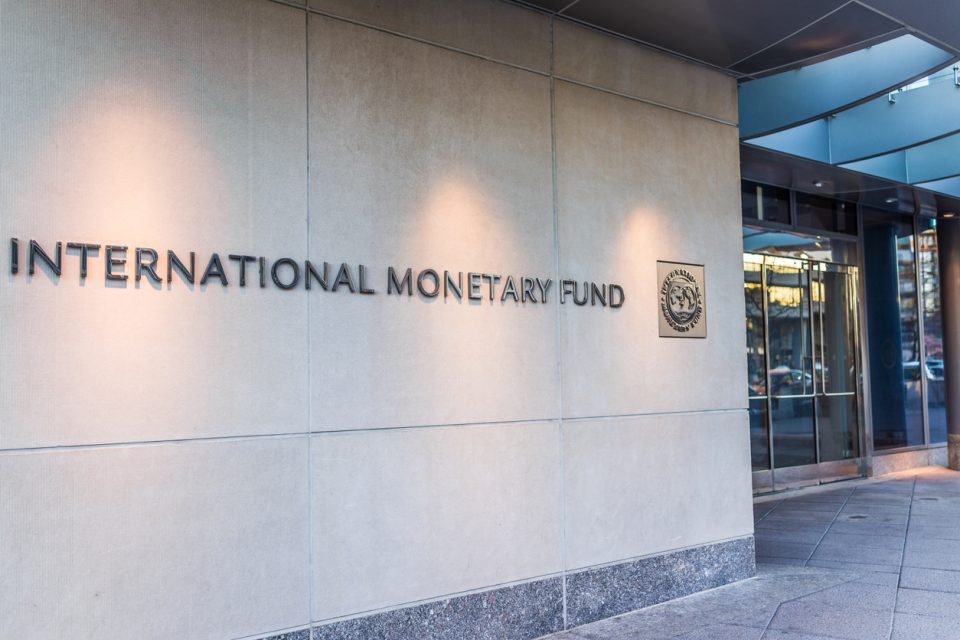The Executive Board of the International Monetary Fund (IMF) concluded the Article IV consultation with Montenegro.
Montenegro’s economy continues to grow at a moderate pace, and growth should continue over the medium term, boosted by the implementation of large investment projects, including the construction of the Bar-Boljare highway. Staff projects the economy to expand by 3 percent in 2017 and 2¾ percent in 2018, with planned fiscal consolidation acting as a moderate drag on growth.
While the implementation of large publicly financed infrastructure projects will add to economic growth, the accompanying use of fiscal resources has contributed to a large increase in government debt, which reached 78 percent of GDP in 2016. Large refinancing needs in coming years are also a source of fiscal vulnerability.
Recognizing the need to reduce public debt, the government has embarked on a path of fiscal consolidation, beginning in the 2017 budget. Subsequently, the government announced in June 2017 a medium-term fiscal consolidation strategy that, if implemented, would considerably strengthen the fiscal position. Staff estimates that the government’s fiscal measures would raise the primary fiscal surplus to 4½ percent of GDP by 2020, allowing government debt to fall to 66 percent of GDP by 2020.
Conditions in the banking sector continue to strengthen, with improving asset quality and recovering credit growth. Non-performing loans, however, remain elevated, and the sector appears to be over-banked, presenting a challenge for bank profitability.
The lack of an independent currency and declining fiscal space constrain Montenegro’s ability to absorb shocks, which underscores the need for an improvement in economic flexibility to sustain growth over the long run. Low labor productivity and employment levels and a large informal sector limit potential growth. The government’s plans to reform labor laws provide an opportunity to improve the flexibility of labor market outcomes, boost participation rates, and reduce informality.
Executive Board Assessment
Executive Directors welcomed Montenegro’s growth performance, bolstered by large investment projects and improving banking sector conditions. While the economic outlook is positive, risks stemming from the large increase in public debt and external financing needs raise concerns about fiscal sustainability and external stability. Against this background, Directors stressed the importance of continued fiscal adjustment to reduce debt and meet refinancing needs, sustained efforts to strengthen the financial sector, and fiscal and structural reforms to support higher and more inclusive growth.
Directors welcomed the authorities’ well‑specified, medium‑term fiscal adjustment plan, which includes social protection measures for the most vulnerable. They concurred that, if fully implemented, the plan would place government debt on a strong downward path. Given the size of the intended adjustment, Directors saw merit in communicating the need and reasons for adjustment clearly to the public. They also saw scope for a further reduction in government expenditures over the medium term, including through civil service and pension reforms. Directors agreed that fiscal space does not exist to finance subsequent phases of the highway project with debt, and encouraged the authorities to explore other financing options.
Directors noted that, while the health of the banking system has improved, non‑performing loans (NPLs)–while declining–continue to be high, and profitability remains weak. They concurred that the authorities should seek further reductions in the stock of NPLs while strengthening the supervisory and regulatory frameworks. Directors welcomed the authorities’ intentions to undertake asset quality reviews. Noting that the system may be overbanked, they saw merit in possible efforts to promote consolidation. Directors encouraged the authorities to explore options to improve emergency liquidity assistance and welcomed their intention to expand supervision to cover the non‑bank financial system. They welcomed the progress in implementing some of the FSAP recommendations and recommended that the authorities press ahead with measures to bolster financial sector resilience and further strengthen the AML/CFT framework.
Directors underscored the importance of structural reforms to boost competitiveness, productivity, and private sector investment to sustain economic growth over the longer term. They encouraged the authorities to use the new labor law under discussion to improve labor market flexibility, facilitate job creation, and reduce the informal economy. Directors supported shifting taxation from social contributions to increased coal excises to promote greater levels of formal employment, reduce energy subsidies, and decrease local pollution. Accelerating privatization of the remaining state‑owned enterprises was also encouraged.

